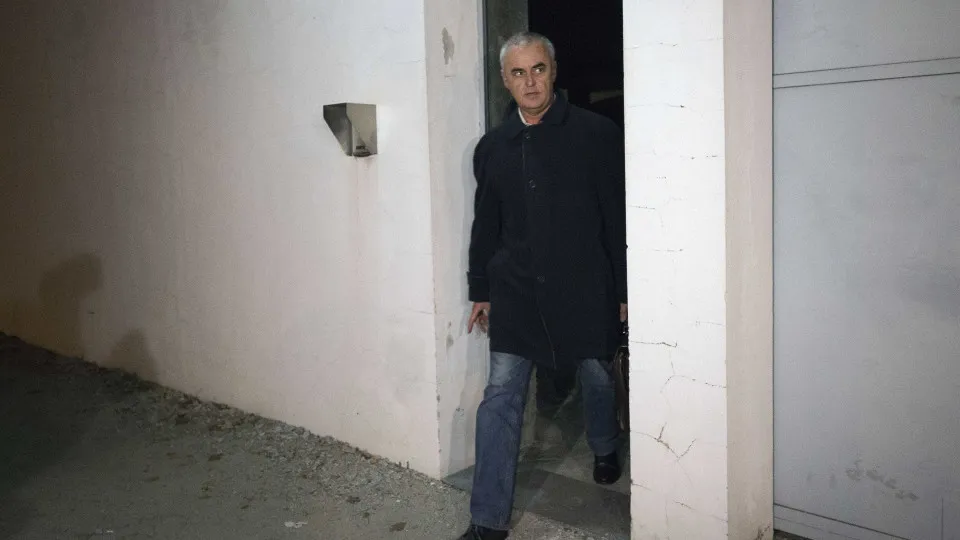
The International Monetary Fund (IMF) has reported significant short-term risks facing Guinea-Bissau’s economy in the wake of elections and amid difficult external circumstances marked by increasing geopolitical and trade fragmentation. This assessment follows an IMF visit to the country from April 2-10, with findings released today.
Despite these challenges, the IMF projects that Guinea-Bissau’s Gross Domestic Product (GDP) will grow by approximately 5% this year, driven by more favorable trade terms and robust private investment. This is expected to follow a slowdown in 2024.
The anticipated slowdown from 5.2% in 2023 to 4.7% in 2024 reflects, in part, reduced cashew nut exports and climate-related agricultural production shocks, according to the IMF team that conducted the Article IV consultation—a routine annual economic analysis of member countries. The report emphasizes the need for economic diversification.
The IMF commends recent energy sector reforms as crucial to supporting economic growth and advises their continuation in its annual economic evaluation report on Guinea-Bissau.
The visiting IMF team, led by Nico Hobdari, focused on policies aimed at “supporting economic diversification to reduce reliance on cashew nuts, maintaining fiscal sustainability through the mobilization of domestic revenues, and enhancing human capital and social protection, including an evaluation of expenditure levels and outcomes.”
The visit also addressed economic policies for the eighth evaluation of the program under the Extended Credit Facility (ECF) granted to Guinea-Bissau. Discussions will continue during the upcoming IMF/World Bank Group spring meetings in April to finalize agreements on the policies necessary to complete this evaluation.
The IMF stressed the importance of Bissau adhering to the allocations in the 2025 budget to support macroeconomic stability, deemed essential for establishing a foundation for inclusive and shock-resilient growth. The IMF assesses that “the economy of Guinea-Bissau remains resilient.”
An initial agreement with Bissau was approved by the IMF’s Executive Board on January 30, 2023, for a total of approximately $37.8 million (over 33 million euros). On November 29, 2023, the Board authorized a 40% increase in quota access.
The IMF appreciates the forecasted reduction of the fiscal deficit to 3% of GDP in alignment with the ECF program target, while noting that “although economic forecasts remain favorable, they are subject to significant internal and external risks.”
The IMF team reiterated the need to continue implementing the agreed-upon reforms under the ECF program that underpin efforts for fiscal consolidation and maintaining public debt on a downward trajectory.
During this visit, meetings took place with President Umaro Sissoco Embaló, Prime Minister Rui Barros, Finance Minister Ilídio Té, Economy, Planning, and Regional Integration Minister Soares Sambu, Energy Minister José Carlos Casimiro, and other government officials. Discussions also included representatives from public sector enterprises and key bilateral and international partners.




